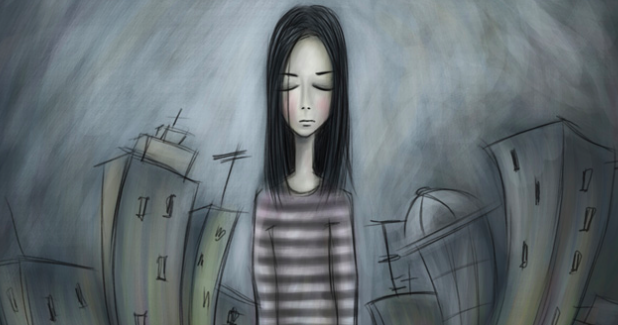Mental Health concerns when trying to Conceive

Cheers, dear readers,
We all know that when we go to see a doctor, we are asking for help with whatever malady is going on with our physical body, such as when seeking reproductive medicine assessment and treatment. Just the physical aspects alone can be quite overwhelming, daunting, and taxing on one’s body, especially for the female partner of the couple. But what about the mind? And how about our emotional state? What becomes of that in the challenging journey to bring a baby into the world when our baby-making parts aren’t working properly or naturally?
I can tell you this from first-hand experience:
The dirty little secret of the infertility journey is what it does to your mind and your emotional state.
There it is. You have now officially been forewarned. Please take this knowledge and absorb it and don’t take it for granted. It is the one thing that I wish someone had told me before I started down the infertility treatment path. I don’t know that I would have changed anything during the actual treatment period at the clinic. BUT I sure would have had my eyes more open for signs of depression, PTSD and massive amounts of confusion and anxiety post-treatment if I had that knowledge. If I was being proactive, I would have sought mental health counseling immediately after deciding to stop treatment. But alas, I did not. I had NO IDEA at the time what a toll failed fertility treatment and the subsequent decision-making process of whether to parent or not would take.
If I had to describe it, it was almost like a thief in the night. I thought I was fine. I maybe looked fine though slightly distracted to someone looking at me from the outside. But deep under the surface, a black cloud was forming ever so slowly, but more deeply with every day, every challenge, and every pregnancy announcement or baby shower invitation that I received. Until finally, I found myself at a place where I didn’t even recognize that depressed, bedraggled person who was blankly staring back at me in the mirror with the tear-streaked face. Who the heck was that? It was like a shell of the person I used to be.
What I also wished I’d known before going through treatment? That the person on the other side of it would never be quite the same person. I suppose the same is true with parenthood. The person you are before you have children is forever changed after one becomes a parent! Well for those of us who require going through fertility treatment – especially if you experience difficulties or trauma through the experience or it never works at all – the experience literally changes you.
There is scientific proof of all of this as well. I recently found this article from a dear friend’s website.
Here is an excerpt:
“…if the treatment fails, it may take a toll on their mental health.
Women who try IVF and fail may see their mental health suffer. Overall, the study found, women whose IVF treatment failed were at greater risk of anxiety or depression in the months afterward. Of 103 women with a failed attempt, 44 percent had clinical depression, which was up from 26 percent before treatment.
Infertility practices should do more to help women with mental health symptoms – though not because it would be expected to improve their odds of IVF success.
Psychological interventions need to be geared toward helping women feel better, and not toward increasing their chances of pregnancy.”
At Conceive Hospital, they are very aware of the above facts. Their staff and nurses will literally and figuratively hold your hand throughout your treatment process, checking in with you to take your emotional temperature. They become valuable and needed points of contact and support. And if a patient approaches a staff member for expert mental health assistance of any kind, they will refer you to psychiatric counseling with respected colleagues. Please always remember that there is no shame at all in hiring an expert to give you professional assistance on something that is troubling you. That is why you are at the fertility hospital in the first place, right? Well if you need to take care of your emotional well-being during or after treatment, then forget about stigmas, naysayers, or what other people will think about you. Please go take care of yourself in whatever way makes the most sense and will have the biggest impact. Work towards reducing depression and anxiety before it starts to get the better of you.
The article goes on to suggest some other organizations that can help. Those include the American Fertility Association (www.theafa.org www.theafa.org) and Resolve: The National Infertility Association (www.resolve.org www.resolve.org).
Please join me next week to hear more about my personal journey down the infertility path. I look forward to speaking with you. I wish you the best on your journey.
Warm regards,
Cathy



